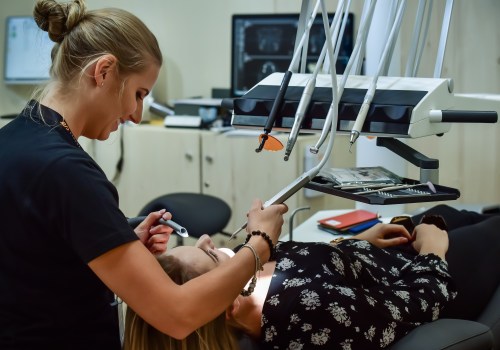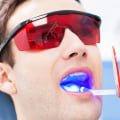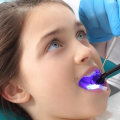Lasers are used to reshape gums and eliminate bacteria during endodontic procedures. Lasers can be used to remove a small piece of tissue (called a biopsy) so that it can be examined for cancer. Lasers are also used to eliminate injuries in the mouth and relieve the pain of canker sores. BIOLASE dental laser technology is specifically designed for dental applications, such as tooth decay preparations, soft tissue surgery and more.
Discover why Waterlase is the essential dental laser solution for your office. Miaman's introduction of lasers in dentistry in the 1960s led to continuous research into the various applications of lasers in dental practice. The use of lasers in dentistry has not only changed the patient experience, but it has also had an effect on the functioning of the dentist. Popular sources of education are dental schools and dental associations, as well as the Academy of Laser Dentistry (ALD).
Laser treatments like these can vary in price, depending on the procedure being performed and the laser equipment used. We will analyze what laser dentistry is and what benefits it has compared to other traditional dental methods and technologies. The Food and Drug Administration (FDA) has approved laser dentistry as a treatment option for several dental conditions. As its first application in dentistry by Miaman, in 1960, the laser has had several applications in hard and soft tissues.
The active medium of the diode laser is a solid-state semiconductor made of aluminum, gallium, arsenide and, occasionally, indium, which produces laser wavelengths, ranging from approximately 810 nm to 980 nm. Laser dentistry potentially offers a more comfortable treatment option for a number of dental procedures involving hard or soft tissue compared to drills and other non-laser tools. The same article points out that the effectiveness of a laser in treating dental problems is the result of the laser's wavelength, its location in the light spectrum and the type of tissue the laser is aimed at. You can also ask your insurance provider for recommendations and ask friends and family who have had positive experiences with laser dentistry.
One of the main benefits of laser dentistry is that it is less invasive compared to other dental technologies.







